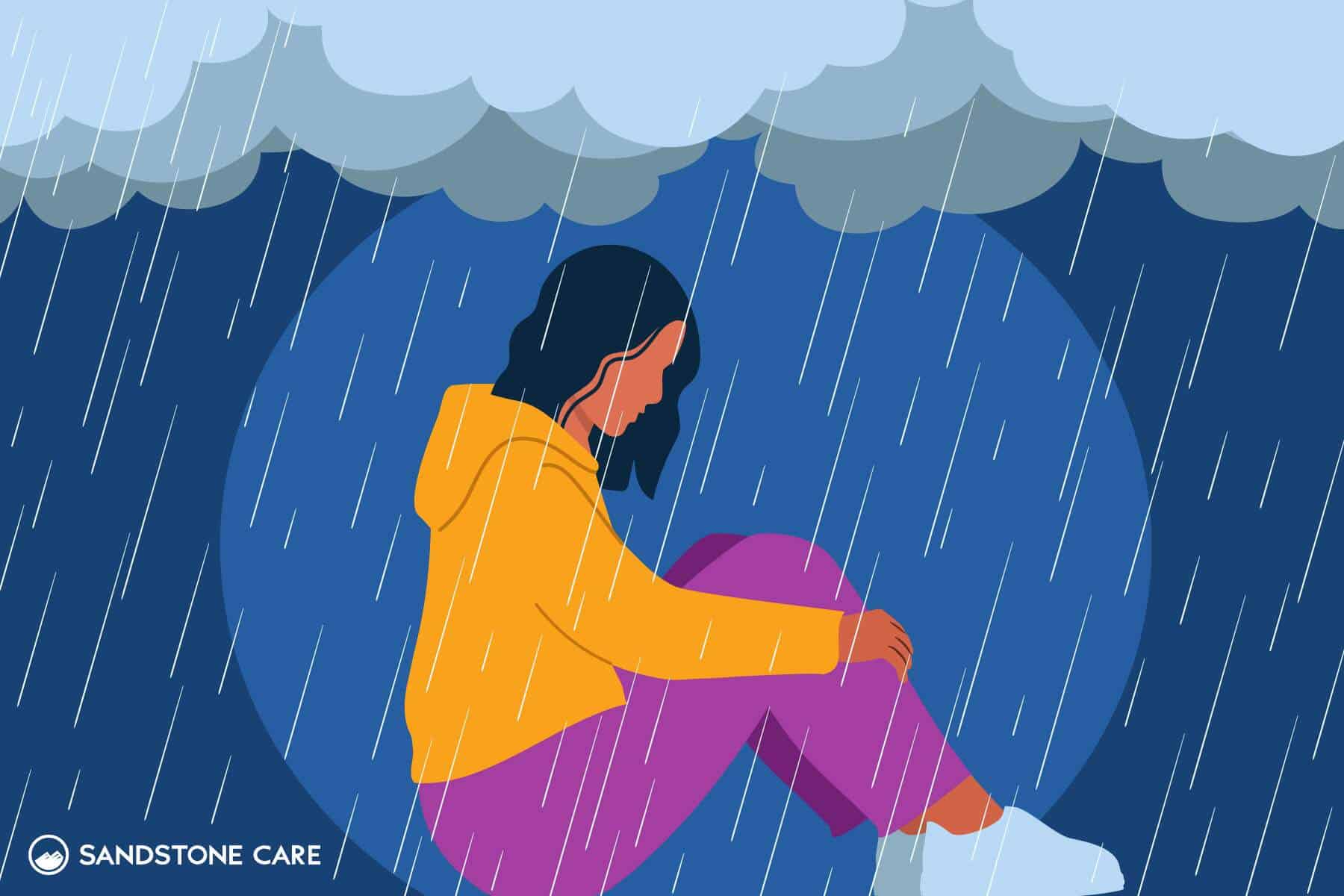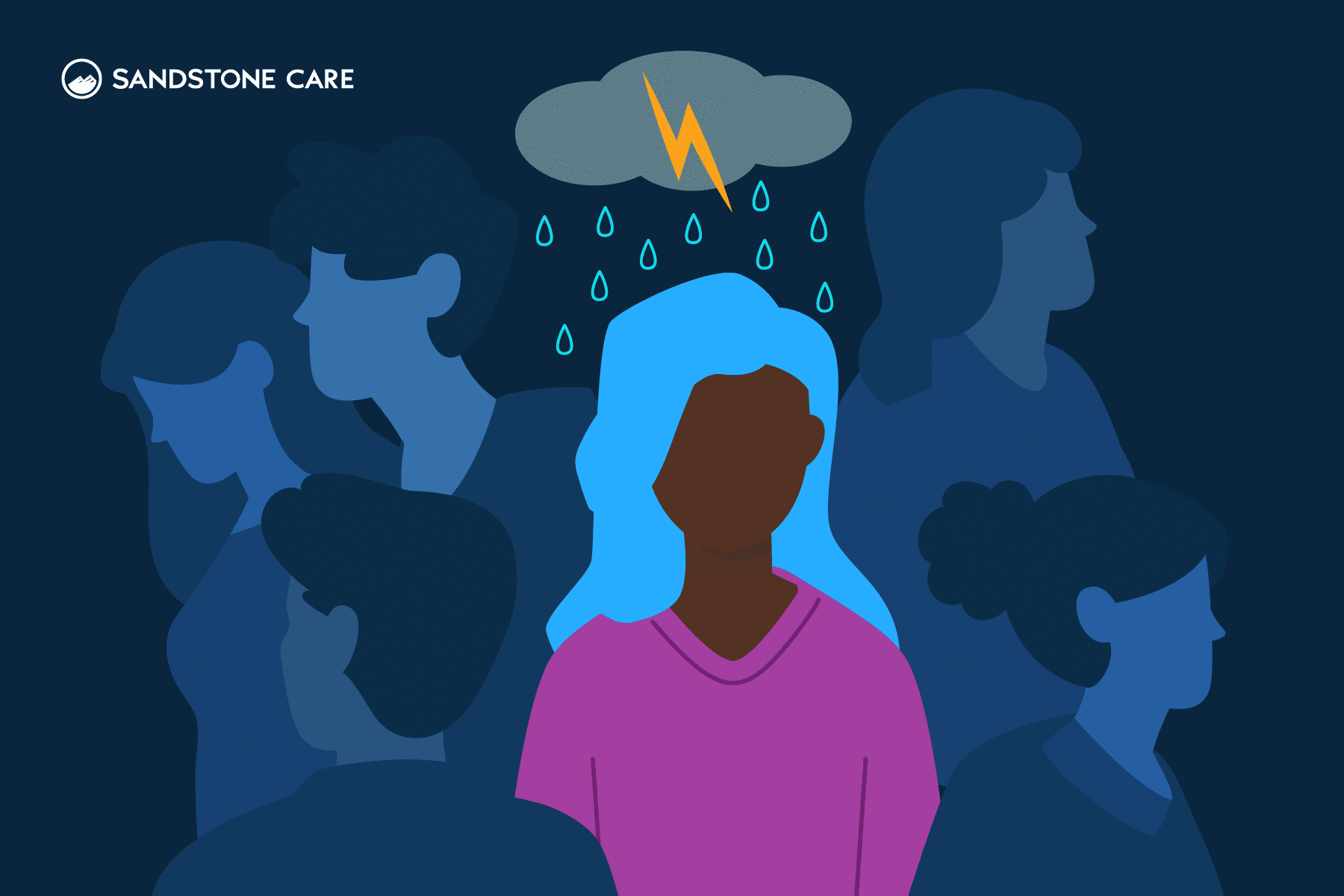What Does it Mean to be Resilient?
You’ve survived a lot in your life. Hardships, challenges, trauma, abuse, addiction, mental illness, or a combination of those. And yet you’re still here!
You might be asking yourself how, or why, you’ve managed to keep moving forward, and the answer to that is that you are resilient.
Resiliency is defined as “the capacity to recover from various difficulties and tough situations”. It also refers to one’s ability to “bounce back” from a challenge.
Why Does Resiliency Matter in Addiction Recovery?
Being in recovery from substance abuse disorders and/or mental health conditions means that you need resiliency more than ever.
In order to get to the root of what you’re struggling with, you often must bring old traumas and trials back to the surface and work through them, which can be triggering and challenging.
Being resilient means that you are capable of managing those triggers, or, if it comes down to it, picking yourself up after a relapse.
Five Ways to Build Resiliency Within Yourself
So now you know what resiliency is, but you’re probably wondering how you can instill the principles of resiliency within yourself. Here are five tips.
-
Reframe Your Negative Thoughts
Negative thoughts. Everyone has them, but not everyone chooses to deal with them. When a negative thought about yourself or your situation arises, it’s important not to ignore or repress it.
Instead of pushing it to the back of your mind and waiting for it to pop up again in the future, take a moment to acknowledge the thought. Try to ask yourself why that thought is rising up, and then reframe that thought into something more positive.
For example, if you think “I’m not good at anything”, reframe it by thinking about something you ARE good at, and reinforcing the areas of your life where you thrive and excel.
-
Balance Your Emotions
Emotions are complex and challenging, and it’s not uncommon for feelings and emotions to outweigh our logical and rational side.Because emotions play a huge role in our behaviors and perceptions, it’s important to pay attention to the way that your emotions could potentially influence your judgment or decision making.
One way to work on balancing your emotions is using a technique called “Wise Mind”. This skill is straight out of a Dialectical Behavioral Therapy workbook and involves combining your rational mind and your emotional mind in order to make decisions and view things from a balanced perspective.
-
Learn to Seek Out the Positive
Positivity is a part of all our lives but can be extremely difficult to focus on sometimes.Just like building any other new habit, focusing on the positive can take time and intentionality.
Try to train your brain to find something positive in your day-to-day routine, even if it’s something you might consider small. Did you check something off your to-do list? Fantastic! Did you get out of bed today? Amazing! Are you breathing? Yes! You’re doing great.
-
Lean into Discomfort
No one wants to be uncomfortable, but it’s a part of everyone’s daily life. Building resiliency requires you to do and say things that may evoke some feelings of anxiety or discomfort.
For example, speaking up for yourself and voicing your needs, especially recovery related, might be a HUGE challenge for you. But in the end, letting those around you know how they can support you is crucial to your recovery.
Embracing the discomfort, you may feel in difficult situations is a great way to allow yourself to learn and grow. Challenge yourself!
-
Think Ahead
Being proactive regarding the challenges that life may throw your way is important for everyone, but especially for individuals in recovery from addiction.
Having a game plan for how you’ll handle certain situations is a great way to begin building resiliency far in advance. Build up a support system for yourself, be aware of coping strategies that work for you, and don’t be afraid to reach out when you need it.
Using Resiliency to Get Help
When it comes to being resiliency, there’s only really one thing you need to know, and that is that you are capable. Whether you’ve used your resiliency to get help already, or not yet, you are capable of doing what you need to do in order to better yourself.
Sandstone Care offers a full continuum of care for teens and young adults ages 13-30 and offers medical detox services for anyone over the age of 18 in Colorado Springs, Colorado, and Fairfax County, Virginia.
We strive to provide resources for alumni of our programs, because we know how difficult it can be to use resiliency when you need it most.






